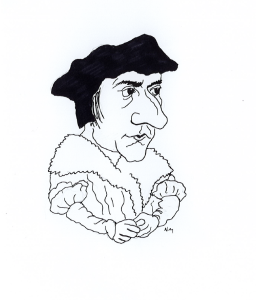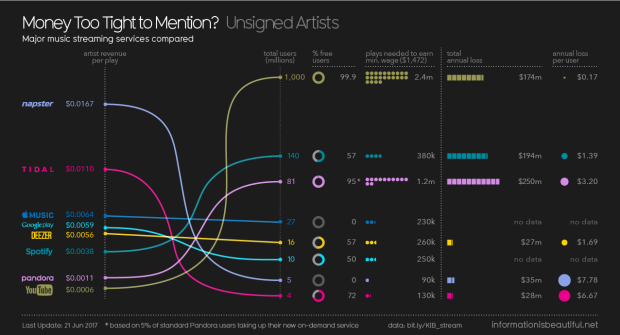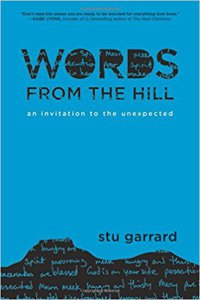
Thomas More: A very brief history, John Guy, SPCK
As well as the anniversary of the posting of Luther’s 95 Theses, this year marks 500 years since the release of Thomas More’s Utopia, a justifiably famous work of science fiction and surprisingly radical critique of More’s hierarchical society. More of course is equally famous as Henry VIII’s Lord Chancellor, and for refusing to support Henry’s divorce and break from the Catholic Church. No wonder, explains John Guy, an expert on this period of history, in his new, short summary of More’s life (one of a series of short religious lives from SPCK) as More had just fired off broadsides at Martin Luther, at the behest of Henry, the ‘defender of the faith’. When Henry made his dramatic U-turn, More could not follow.
More had his principles. He was a ‘lawyer who loved justice’, a combination perhaps rarer than it may seem, and More might have seen in his service to Henry the possibilities for contributing to society’s stability. Certainly his fight against Luther was underpinned by such, as was Utopia. Indeed, More’s loyalty to the Catholic Church was more for civic than theological reasons. For More, heretics were as good as thieves, who put themselves above their community. Guy cautions us that, distasteful as it seems to us today, More’s heretic hunting was to him a service to society, not to mention a job requirement. Anyway, the religious and the civic were then not the separate categories we recognise today.
More was not a fanatical, crude follower. He was well-educated and with his friend Erasmus chuckled over Greek satire, from which Utopia borrows in its critique of power held disproportionately by individuals and used for their personal gain. So opposing Henry was true to form, and More did so as long as he was able. He saw the wider Reformation in the same light, as driven dangerously by individual conscience, at the expense of centuries of tradition. (That some of that tradition was dubious was perhaps beyond More’s vision. Or – more likely – he ignored the imperfections for the sake of civic unity.)
It is a testament to More’s contentious place in history that Guy spends as much time in this short book on More’s legacy as on his life. In Protestant England More was vilified as a traitor. Rehabilitation occurred with Robert Bolt’s play, which portrayed More as consistently principled. What Bolt got utterly wrong was the place of individual conscience in More’s thinking – this was exactly what More opposed in Luther and Henry. Partly influenced by Bolt’s portrayal, More was rated in the 1970s by The Times as more inspiring than Shakespeare and Churchill, the epitome, ironically, of Protestant values, and only corrupted by ‘popery’. On the Catholic side, he was canonised, and John Paul II made him the patron saint of politicians.
Hilary Mantel’s Wolf Hall de-rehabilitated More, and he became the obligatory cartoon villain, even if Mantel understood better than Bolt More’s loyalty to the Catholic Church. It makes for good fiction, but the trouble with historical fiction is that the line between history and fiction gets blurred. Guy does acknowledge the uneasy fit of More’s supposed principles and his powerful political role, but suggests this is exactly why More was wary of entering Henry’s service. Utopia had hinted at the conflict between pragmatism and idealism in public life, and he had put off working with Henry because he knew of the compromises it would involve. In the end, it was his lack of compromise that sealed his fate.
Advertisements Share this:- Share



![Cuffed by His Charm: A Dirty Little Secrets Novel by [Kennedy, Stacey]](/ai/053/162/53162.jpg)

